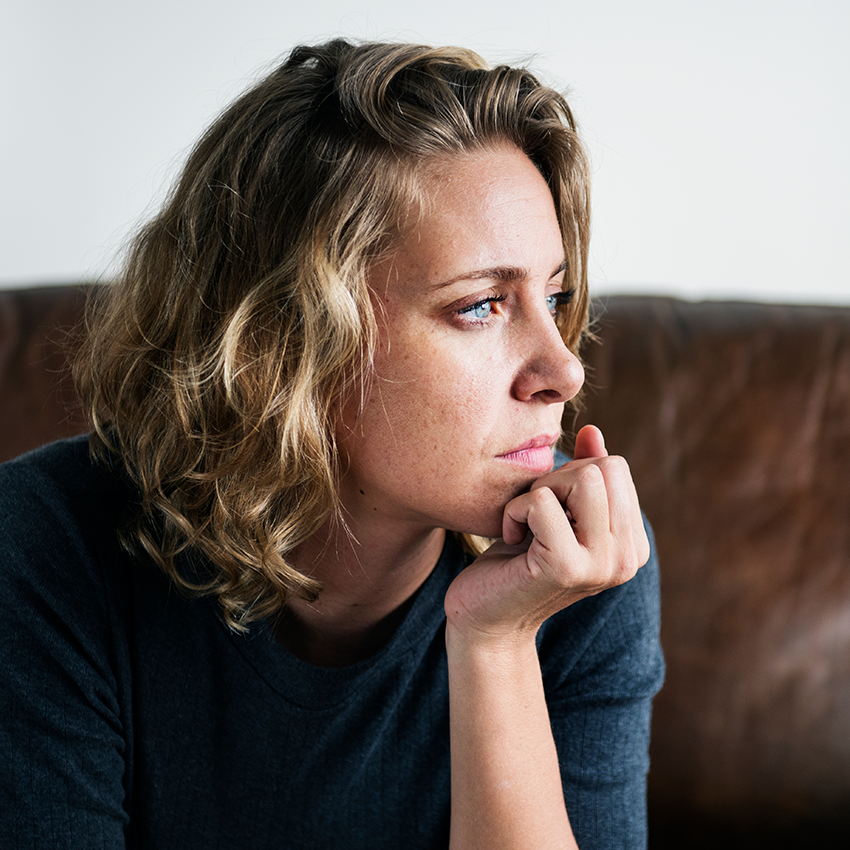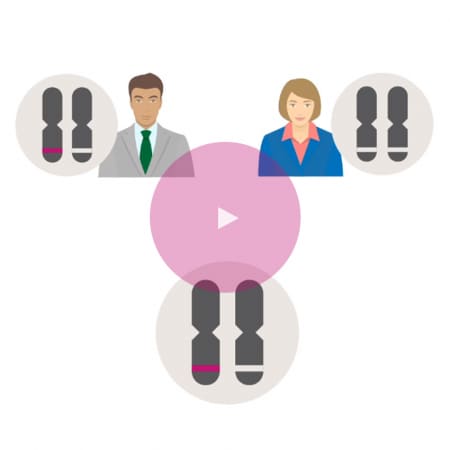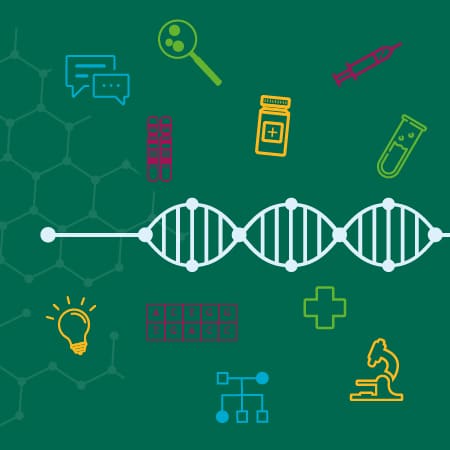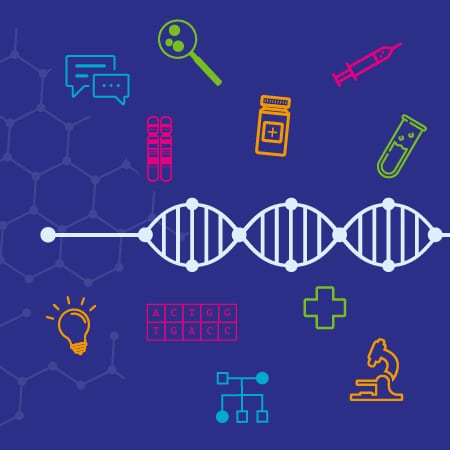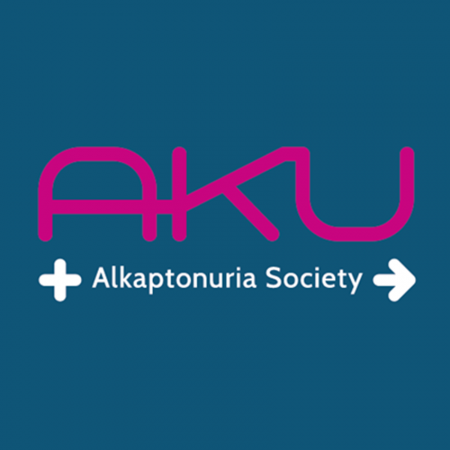In this teaching scenario, Anika, a parent, discusses the importance of honest, clear information when it comes to caring for families with rare conditions
A parent of two children with a rare, recessively inherited condition, alkaptonuria, talks about the difficulty she faced in getting answers from those providing care. Anika’s story highlights that families affected by rare conditions can sometimes know more about them than health professionals.
Read Anika’s story below and use the teaching moments and discussion points to design your teaching session.
AT-A-GLANCE
Clinical focus: Rare disease
Nursing activities: Communication, management, family care, referral, identification, education
NMC platform and outcomes: 1 (1.9, 1.11, 1.13); 2 (2.9,2.10); 3 (3.2, 3.5, 3.12, 3.15, 3.16); 4 (4.2, 4.3); 5 (5.4); 7 (7.1, 7.8)
Anika’s story
Diagnosis
1 My children have a rare and serious rare recessive genetic condition called alkaptonuria (AKU). AKU is caused by a missing enzyme that leads to the accumulation of a substance known as homogentisic acid, which leads to cartilage damage, heart problems and a host of other health issues.
2 We found out about AKU shortly after the birth of our first child. The baby’s nappies were turning red and we were worried that this might be due to blood in the urine. The emergency doctor we contacted tested for blood but did not find any. The doctor said it might be because we were eating red cabbage and that this was going through the breast milk into the child’s urine.
3 We weren’t very impressed with this explanation and went to see our GP, who was much more thorough in approach. The GP had urine tests done for a variety of conditions and our child was diagnosed with AKU.
4 Going through the testing period was quite worrying, although our GP was generally supportive. The first doctor who came round (the emergency doctor) was quite useless and basically wouldn’t take it seriously, but our GP did.
The need for information and support
5 When the results came in, our GP told us not to worry, that the disease wasn’t very serious and recommended that we avoid searching for AKU on the internet because it would make us worried. However, we did and we obtained much more information than our GP gave us. We were then put in a touch with a genetics and metabolic disorder specialist at a children’s hospital, who explained all about the disease.
6 One major concern we have with the medical profession in general is its tendency to treat most people like children. Doctors very rarely give extensive explanations about things and tell us not to worry but without explaining why.
7 We didn’t get any support afterwards. We just had to wait for an appointment with the specialist.
8 Overall, I think the delivery of the news was what I’d generally expect from the NHS – below average and with little attempt to explain in detail. It would be good for doctors to have training in more holistic approaches to patient therapy. Learning from the approaches used in alternative medicine such as homeopathy, which has a much more in-depth focus on the whole of the human person, would be good.
9 We didn’t get any support from nurses, genetic specialists or any other healthcare professionals at the point of diagnosis. I think any extra support would have helped. For me, it was particularly important to have a detailed and clear explanation of the illness and its causes, but the doctors were only prepared to give us a few minutes maximum. We had to research it all on the internet, which sometimes led us to complex research papers.
10 So, if nurses and doctors could spend time – even just half an hour – taking us through the basics of what causes the genetic disease and the current state of research, that would help.
Seeking information elsewhere
11 It eventually became apparent that we were becoming more up to date with the progress of research than our doctors were.
12 We were obviously very worried, but we came across a charity called the Alkaptonuria Society, and it has been very helpful.
13 Thanks to the internet, we’re also in touch with a number of people around the world who have AKU or whose children do. This means that we can share information about how the disease evolves, tips on how to deal with it and ideas on how to raise awareness. I suspect that people with rare disorders and their parents were much more isolated in the days before new media.
Educator touchpoints
Teaching moments
Paragraph 1 | What is a recessive condition? If both children have the condition, what does this tell us about the parents?
Discussion points
Paragraph 1 | Genetic conditions with multiple symptoms mean patients may be seen by a number of healthcare professionals from different specialities who may not understand the bigger picture.
Paragraph 3 | Why might the GP be more thorough? Would you expect them to be?
Paragraph 6 | Why do you think this might be? Who else could support the family?
Paragraph 8 | How would you deal with ideas around less evidence-based interventions, for example, homeopathy.
Paragraph 9 | What are the advantages and disadvantages of patients and their families seeking information elsewhere?
Paragraph 11 | If a family are more informed than you, how would you engage with them? What would your approach be?
Paragraph 12 | Patient support groups are an important source of information, not only for those affected but also for healthcare professionals.
Further learning
FOUNDATION KNOWLEDGE
A short animation to help explain dominant inheritance patterns
2 minutes
Learn the different ways that genetic conditions can be inherited within a family
30 minutes
Tips and tools for communicating with patients about genomics
30 minutes
EXTENDED LEARNING
Support, community building and medical research information for AKU patients
10 minutes


